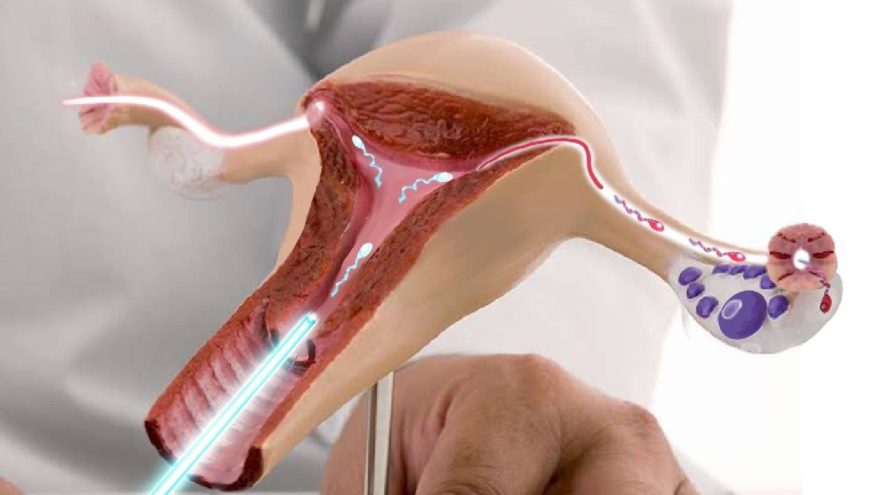To answer the question of what is incemination simply, it is a procedure performed to support the chance of fertilization by facilitating the sperm to reach the egg. With the medications or injections given to the mother-to-be, the number of one egg that is formed spontaneously every month is increased to two or three. The sperm cells of the man are also washed and prepared with some chemical special liquids. Thanks to this practice, those who have the capacity to fertilize the egg are identified among the sperms. The sperms prepared after the cracking injections performed to crack the eggs are released directly into the uterus with the help of a special cannula and injector. Thus, the path to the sperms is shortened and it is ensured that they can easily reach the egg or eggs.
In what cases can insemination be performed?
Insemination is applied as the first choice in some cases because it is easy to apply in cases of infertility, practical, more economical and risk-free than other treatments. Usually in the following cases:
- Sexual dysfunctions
- Endometriosis (chocolate cyst)
- Unexplained infertility (infertility)
- Problems related to the cervix
- The presence of antibodies to sperm (Immunological Infertility).
- It is performed in case of absence or insufficient ovulation in the woman.
- Although insemination seems to be a simple procedure, it is a method that must be applied by an experienced gynecologist.
What are the success rates of insemination?
The success of the insemination process is up to 20% for each trial. In general, there is no limitation. But it is not needed because more than 3-4 attempts will not benefit. If the advancing age factor and the extent of infertility are in question, direct IVF and microinjection methods can be used.
What is the importance of sperm quality in insemination?
If the man’s sperm count and motility are very low, the success of insemination treatment will also be low. The reason for this is that there are no sperm cells capable of fertilizing the egg. In order to perform the insemination process, the number of sperm should be 5 million and above, and the motility should be over 25%.
Another important issue is the deformities of sperms. Before insemination treatment, sperm shapes should be examined in detail and it is desired that the number of normal-looking sperm is at least 4-5%. Even if the number and motility of the sperm is good, the treatment may fail because it is a problem for the egg to pierce the shell and enter it due to deformity.
Tests before insemination treatment
Before insemination treatment in the mother-to-be, some tests are performed to determine the cause of infertility. These are;
- Gynecological examination,
- Uterine film (HSG) for evaluation of the uterus and tubes
- Hormone tests to look at the condition of the ovaries,
- Diagnostic laparoscopy or hysteroscopy may be required in various special cases.
- Is insemination a painful procedure?
- The insemination process is a indolent and painless procedure. However, in women who cannot even be examined normally and who have vaginismus problems, sometimes insemination can be done under a low-dose anesthesia.
Is it necessary to stay in the hospital after incemination?
After 15-20 minutes of insemination, it is sufficient to rest only by lying down. Apart from that, there is no such thing as long-term rest or non-work. Sexual intercourse is free one day after the procedure.


